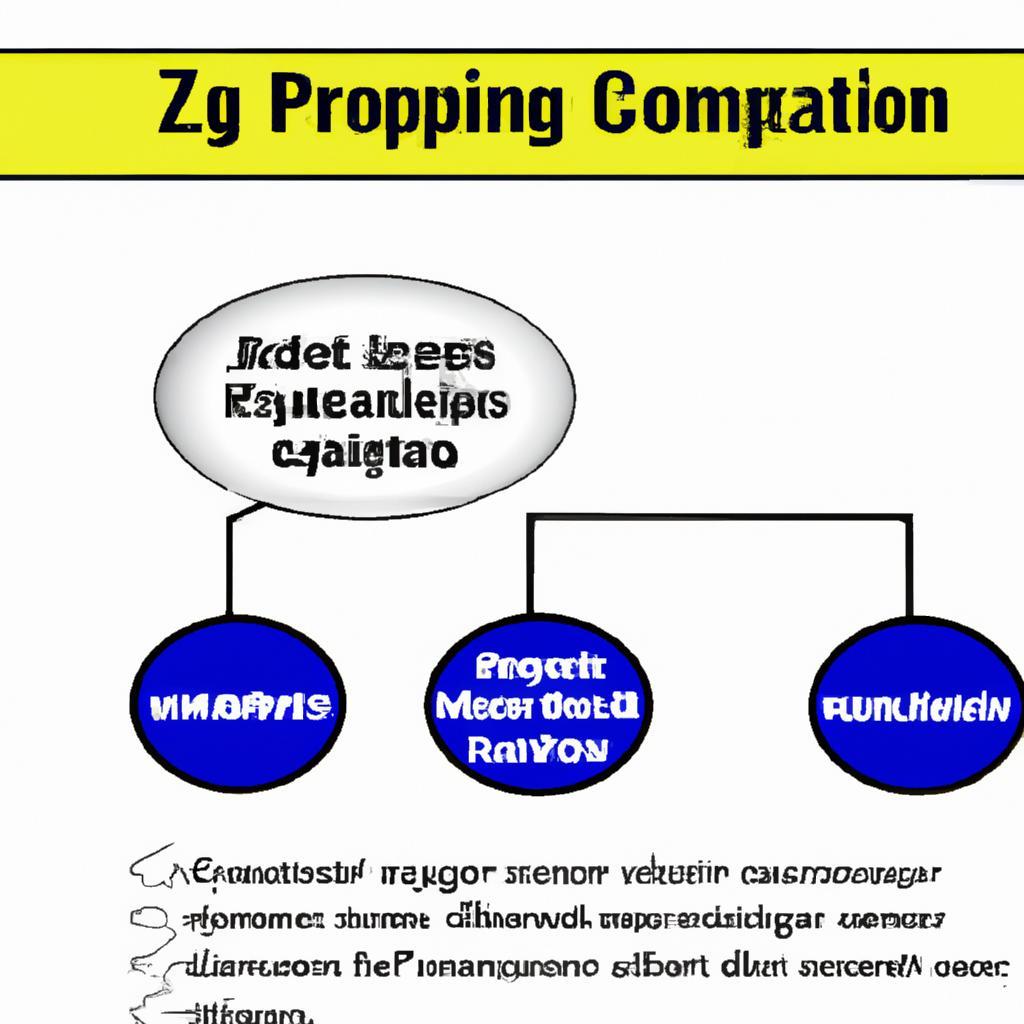In a world increasingly driven by convenience and globalization, the nuances of local identity often find themselves overshadowed by mass production and homogenized branding. Yet, tucked away in the corners of our neighborhoods and markets are treasures marked by a unique caliber—Zip Code Protected Brands. These brands, woven into the fabric of their geographic origins, serve as guardians of quality, embodying not just products but traditions, craftsmanship, and stories that span generations. As we explore the significance of respecting these brands, we unveil a tapestry of local pride and economic resilience, shedding light on why the integrity of these markers should be cherished. In doing so, we invite readers to reflect on the broader implications of brand protection and the essence of authenticity in an ever-evolving marketplace.
Understanding the Significance of Zip Code Protected Brands
Zip code protected brands signify more than just geographical boundaries; they represent a commitment to quality, authenticity, and tradition. These brands are typically associated with specific regions, often reflecting the unique resources and craftsmanship of that area. By restricting the production of these brands to a defined zip code, consumers can be assured of the origin and integrity of the product. In a world flooded with generic goods, this kind of protection allows **local artisans** and **producers** to maintain their traditions while also offering a competitive edge against mass-produced alternatives.
Understanding the significance of these brands is crucial for both consumers and producers alike. For consumers, purchasing zip code protected products is akin to investing in not only quality but also the local economy. It fosters a sense of community and connection to the region’s heritage. For producers, this designation can lead to increased visibility and market demand. Here are some reasons why zip code protected brands are essential:
- Preservation of Tradition: Helps maintain local methods of production.
- Market Differentiation: Creates a unique selling proposition against competitors.
- Consumer Trust: Builds loyalty through assurance of quality and origin.
- Economic Boost: Supports local businesses and job creation.

Navigating the Challenges of Quality Assurance in Local Markets
In today’s competitive landscape, ensuring the quality of products in local markets is a delicate dance, especially when layered with the complexities of regional branding strategies. **Understanding zip code protected brands** is essential for maintaining quality assurance. These brands not only serve as a guarantee for consumers but also as a beacon for local producers. To successfully navigate the challenges posed by these protective measures, businesses must prioritize the following strategies:
- Knowledge of Regulations: Familiarize yourself with the specific regulations related to zip code protected brands to avoid potential legal pitfalls.
- Collaboration with Local Producers: Form partnerships with local manufacturers to ensure compliance with quality standards.
- Consumer Engagement: Educate consumers about the significance of these brands to foster loyalty and trust.
Furthermore, implementing consistent quality control measures becomes imperative in safeguarding the integrity of protected brands. Consider utilizing a structured approach that includes regular assessments and feedback loops that enhance product quality. The following table provides a simple overview of effective quality assurance practices available to local businesses:
| Practice | Description |
|---|---|
| Routine Audits | Conduct scheduled audits to evaluate compliance with brand standards. |
| Training Programs | Establish programs to educate staff about quality expectations and practices. |
| Feedback Mechanisms | Create channels for consumer feedback to continually improve product offerings. |

Strategies for Upholding Integrity in Regional Brand Protection
Maintaining integrity in brand protection, especially within specific regional contexts, requires a multifaceted approach. Firstly, businesses must engage in **thorough research** to understand the local market dynamics and the legal frameworks governing brand ownership. Distribution channels should be closely monitored to ensure that products bearing regional brand identifiers are genuine and compliant. Key strategies include:
- Enforcing trademark rights: Actively pursue cases of infringement through legal channels while staying informed about updates in trademark law.
- Building community awareness: Educate consumers about the significance of regional branding and the value of purchasing authentic products.
- Collaborating with local businesses: Form alliances that encourage mutual protection of brand integrity within the same zip code.
Moreover, transparency and accountability in supply chain practices can further bolster brand integrity. Companies can implement **traceability systems** that enhance consumer trust, assuring them that products are sourced from legitimate and ethical providers. This can be effectively illustrated through data monitoring and reporting mechanisms, as shown below:
| Action | Description |
|---|---|
| Regular Audits | Conduct frequent assessments of suppliers to ensure compliance with brand standards. |
| Consumer Feedback | Establish channels for customers to report counterfeits or suspicious products. |
| Local Partnerships | Team up with local law enforcement to address counterfeiting in the community. |
Closing Remarks
In a world where brands carry stories as rich as the communities they represent, the significance of respecting zip code protected brands cannot be overstated. As we navigate the intricate tapestry of local cultures and identities, it becomes imperative to recognize the value these brands bring to their neighborhoods. They are more than just symbols; they are the essence of heritage, pride, and authenticity.
Guarding quality through respect means honoring the craftsmanship, the history, and the unique narratives that each brand embodies. It’s an invitation to consumers, businesses, and policymakers alike to engage thoughtfully with the roots of commerce and culture. By fostering a landscape where these brands can thrive, we not only preserve the integrity of local identities but also enrich our shared experiences.
As you reflect on the importance of these protected brands, consider how your choices can contribute to their legacy. The next time you come across a product proudly displaying its zip code credentials, remember that you’re not just purchasing a commodity; you’re participating in a larger story—one that deserves respect, celebration, and a commitment to quality. Together, let’s safeguard these treasures of authenticity for generations to come.
